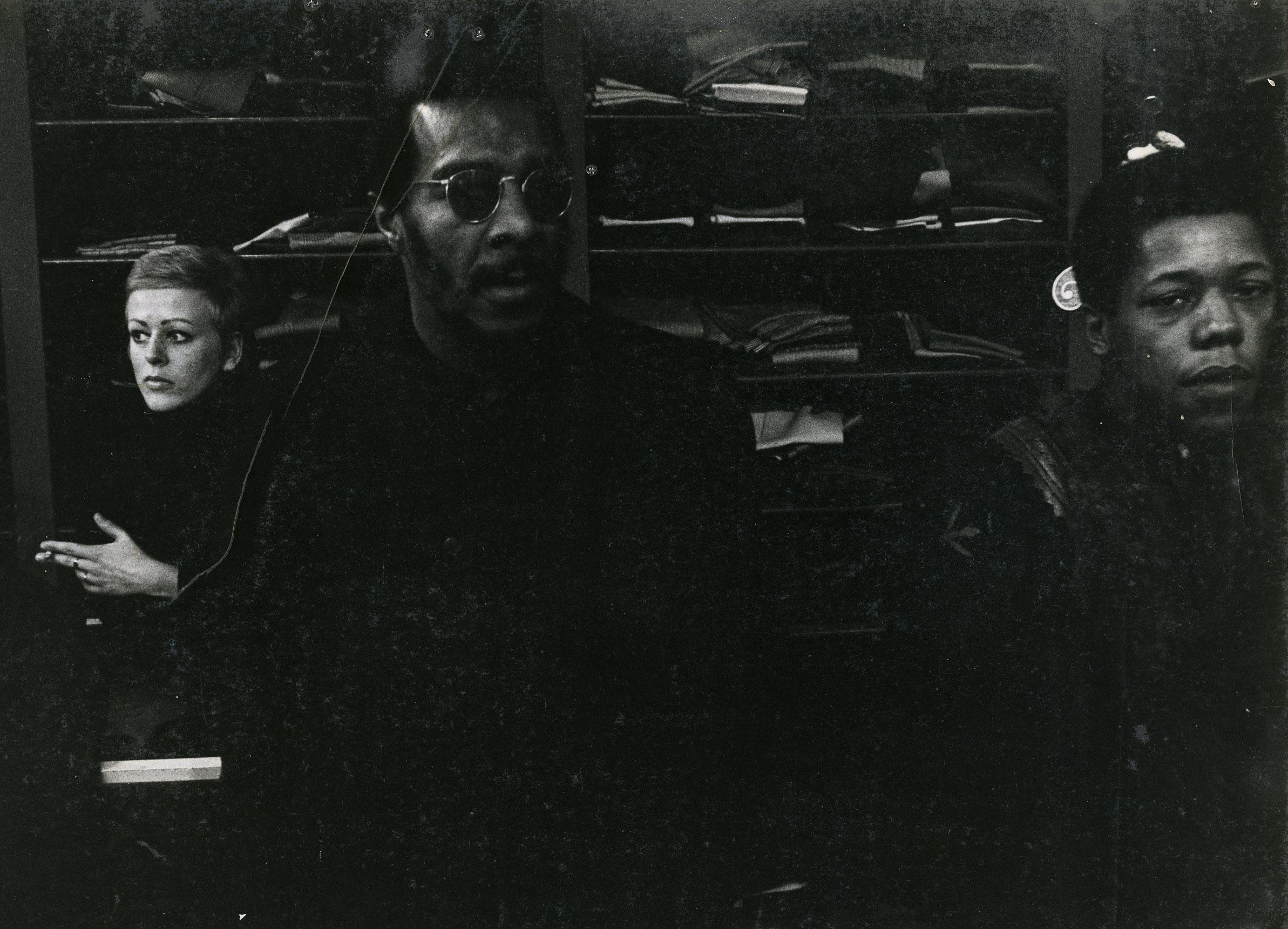Longtime partners in work and life, Norine Kotts and Cheryl Lewis met in San Francisco in 1980. Kotts, daughter of a law enforcement officer and a homemaker, whose family who moved frequently, was a freelance photographer; Lewis, a biracial Chicago native and daughter of a furniture maker and a schoolteacher, who grew up in Rockland County, N. Y., was an art student in the Bay Area and a lifelong cook. They moved back to the house Kotts was sharing with a group of lesbians, in Somerville, Mass., and eventually into the world of food collectives, restaurants, and hospitality. In 1982, along with two co-founders, Kotts and Lewis opened the cafe Beetle’s Lunch in Allston, a Boston neighborhood. Named “1983 Best Punk Restaurant” by Boston magazine, Beetle’s Lunch became known as a welcoming alternative community space situated at a convergence of queer and feminist politics, new concepts in art and music, and the changing food scene, with a dash of idealism, especially on the part of its young feminist founders. Relocating to Portland, Me., in 1985 Kotts and Lewis opened Café Always, playing a significant role in fostering and shaping that city’s burgeoning food culture: as Portland’s first restaurant to employ local farmers and incorporate local ingredients into the daily menu, Café Always garnered national attention. After selling the business in 1995, the couple opened Aurora Provisions, a gourmet food and wine shop with an in-store restaurant and catering service, which they ran until selling it in 2001. As consultants they continued to participate in and influence the food scene in Portland, helping to launch Portland favorite El Rayo Taqueria in 2009.
The Kotts and Lewis Papers provide glimpses into the formation and operation of several notable New England food establishments, documenting the creative, professional, and personal aspects, as well as the food itself. The collection contains menus, photographs, business plans, correspondence (including a set of letters Kotts wrote to her mother on the backs of menus), recipes and cookbooks, memorabilia, and a guest book filled with diners’ comments. Kotts and Lewis are also the subjects of a series of oral histories conducted by sociologist Janice Irvine.
Gift of Norine Kotts and Cheryl Lewis, Nov. 2022


